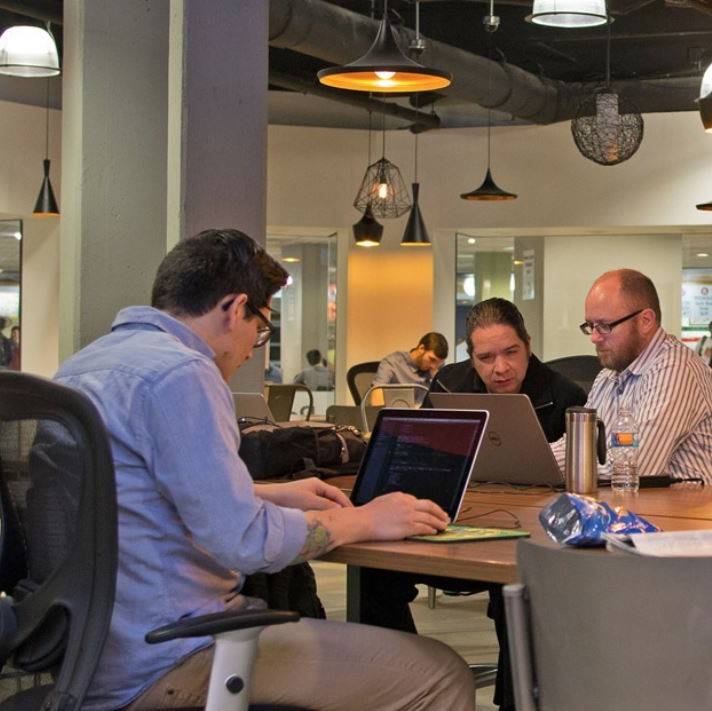November 30, 2022
Majority of firms currently using technology to plug talent gaps
 In the face of hiring and skills issues, 77 percent of UK organisations say they are finding ways for technology to do jobs formerly performed by people, according to a new poll from Rackspace Technology. According to the survey, two thirds (64 percent) of UK companies are downsizing their staff, facilitated by technology, out of a necessity, with roles in customer service the most likely to be automated, as identified by 70 percent of business decision makers – followed by IT operations (62 percent), sales and marketing (57 percent), business operations (56 percent), and HR and admin (56 percent). (more…)
In the face of hiring and skills issues, 77 percent of UK organisations say they are finding ways for technology to do jobs formerly performed by people, according to a new poll from Rackspace Technology. According to the survey, two thirds (64 percent) of UK companies are downsizing their staff, facilitated by technology, out of a necessity, with roles in customer service the most likely to be automated, as identified by 70 percent of business decision makers – followed by IT operations (62 percent), sales and marketing (57 percent), business operations (56 percent), and HR and admin (56 percent). (more…)






































